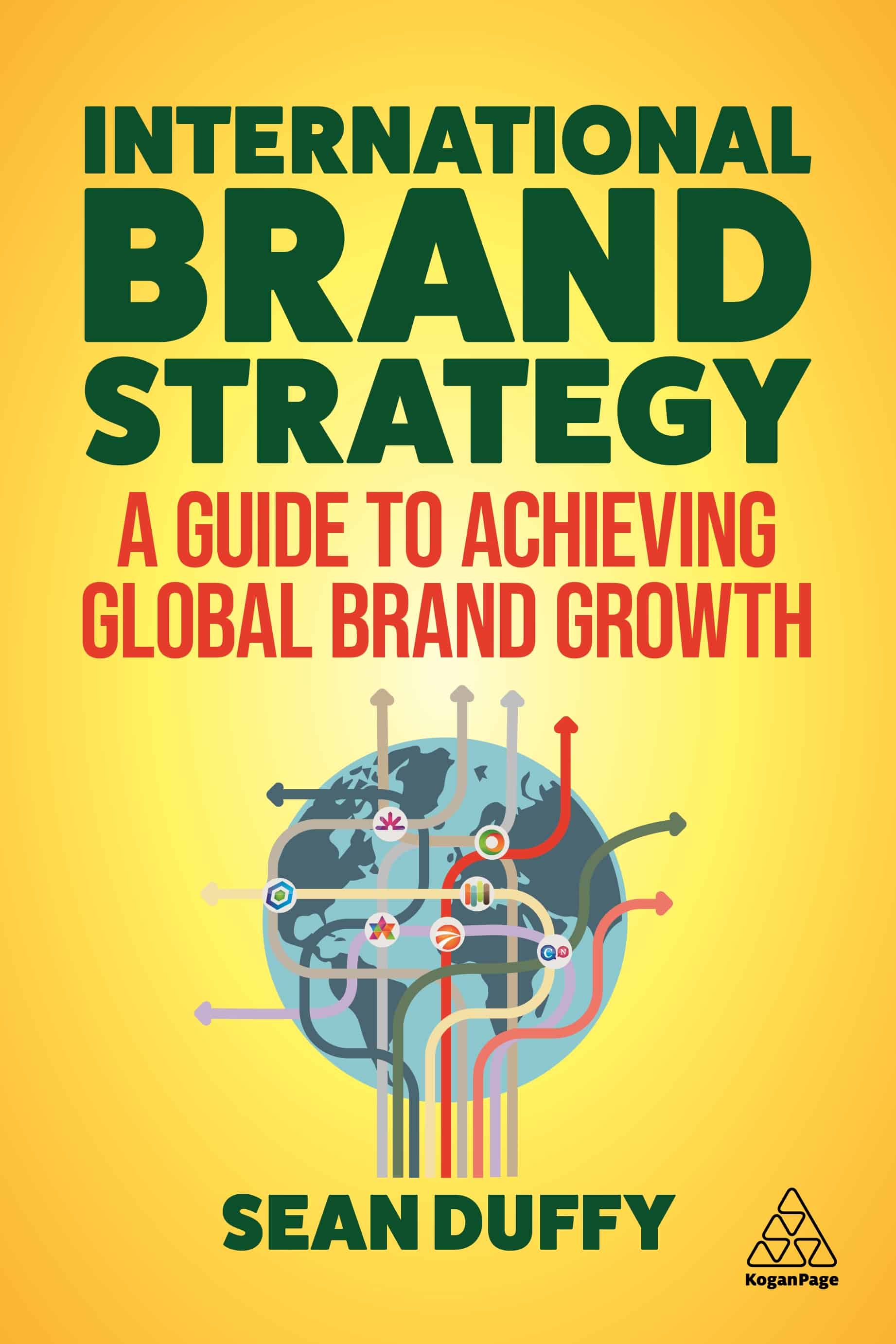The Google Delusion: From innovator to imitator
Part 1 of 4 To most people Google seems to be a benevolent nerd-fest offering a free search engine and other online stuff with a quirky cor...
25 Jun 2012 4879 ViewsPart 1 of 4
To most people Google seems to be a benevolent nerd-fest offering a free search engine and other online stuff with a quirky corporate culture. That seems accurate. But beneath the Doodles and beanies is a voracious advertising machine that generates almost 37 billion US dollars a year (95-97% of the company’s earning). The myriad of services that they lavish upon us for free like search, YouTube and Gmail exist to mine data from users and then sell it to advertisers in the form of a highly targeted advertising media. The amount of data they collect would make Orwell blush: Everything from tracking your search and surfing habits to scanning your email to see what you’re into to their now notorious drive-by wifi jacking. I’m surprised they haven’t opened a dating site to track sexual preferences yet.

Noogler Beenies are worn by Google noobies
But I’m not saying that their business model is sinister or that they don’t deserve every dime they have earned. For the most part, I’m OK with that arrangement so long as Google can keep me convinced that it will stay true to it’s founders unofficial yet well-hyped corporate motto “Don’t be evil.” That’s brand management. To date, they’re not doing such a great job. In fact, they’re doing a lousy job. Unchecked, I believe this will be the company’s undoing.
In a previous column on Marketing Moxie I pondered if Google had reached a size where it was immune from the laws of brand physics that govern the rest of us. In the next three posts I’ll be exploring this question and the implications for the search giant. I’ll look at some of the lessons Google can teach anyone charged with managing a brand. I’ll wind up with a few specific suggestions on ways that Google’s brand management could better serve Google, it’s shareholders and its public.
Google was born in 1998. In the world of search Google managed to engineer a better mousetrap just when we realized we need it. As they began their ascent they developed the requisite mission statement: “To organize the world’s information and make it universally accessible and useful.” In the early days they pursued this mission with zeal, accomplishing more astounding engineering feats like Google Earth and Street View. But as their coffers grew they lost the plot. They created dozens of products that had nothing to do with organizing the world’s information. Moreover, they were no longer on the cutting edge of innovation but playing in a me-too arena with well worn themes like online video (Google Video), online payment (Google Checkout) and social networking (Google+). That’s to say nothing of their forays into hardware like Chromebooks, smart phones and tablets.

Google logo circa 1998
This blatant second-mover strategy is in direct opposition to what they hail as their strongest brand attributes – innovation and creativity. Neither of which they delivered to the product categories they entered. But how could they with the brand’s attention splintered between so many seemingly unrelated products? This is even more damaging to the brand when you consider that, despite their behemoth resources, in two of the three cases above they utterly failed. Google+ is yet to be seen, but is certainly off to a slow start.
The fact that they are using cyber-bullying tactics to get people on the G+ platform (e.g. skewing search results to give “over-relevancy” to Google+ content) does not endear them to anyone. It’s a foolish move on Google’s part for several obvious reasons. Obvious, that is, to someone who is actively managing their brand equity. Biasing search results for their own benefit seems dishonest and reveals a lack of confidence in their own products. It also calls into question the integrity of every other search result they serve up for me. At the end of the day, it undermines their credibility in the one product category that forms the foundation of their empire.
 I’m starting to feel a little naive for trusting them in the first place. But the Google I signed on for over a decade ago bears little resemblance to the Google I read about today. When high-profile Google employee James Whittaker left Google earlier this year he explained on his blog “The Google I was passionate about was a technology company that empowered its employees to innovate. The Google I left was an advertising company with a single corporate-mandated focus.”
I’m starting to feel a little naive for trusting them in the first place. But the Google I signed on for over a decade ago bears little resemblance to the Google I read about today. When high-profile Google employee James Whittaker left Google earlier this year he explained on his blog “The Google I was passionate about was a technology company that empowered its employees to innovate. The Google I left was an advertising company with a single corporate-mandated focus.”
That focus seems to have slipped from “organize the world’s information and make it universally accessible and useful” for humanity to “covertly organize the user’s information and make it universally accessible and profitable for Google.” Or, as Senator Al Franken put it with regard to Google and Facebook, “you are not their client; you are their product.”
Such a dysfunctional brand focus would explain why Google’s products fail to thrive: Because they are created first and foremost to serve Google’s need for data, not the consumer’s needs.
With all their data mongering, the key to continued public support is “Don’t be perceived as evil.” And the bigger they get and the more data they strip-mine from us, the harder that will be to manage. Particularly with government privacy and antitrust watchdogs from the US, Europe and Australia accusing them of questionable data collection habits as well as illegally using their search dominance to promote their own products and squelch competitors.
Politicians are just beginning to be tech savvy enough to understand what companies like Google have been up to with our data for the past decade. And while most Google users don’t even know what anti-trust legislation is, it’s only a matter of time before the gist of these accusations will percolate down to the average consumer like you and me. That’s where Google’s lack of brand management will hurt them the most and provide an Achilles’ heel for competitors to leverage.
For my part, I’ve devolved as a consumer from “loyal Google brand advocate” back to a “Google user who is shopping around.” If a new search engine appeared tomorrow claiming Google’s indexing power without any bias, I’d be on it in a minute. If such a company were also able to make me feel they respected my privacy, I’d switch even faster. Such a competitor may not appear tomorrow, but it will appear.
In my next post, The Google Delusion: Something for everyone (Part 2 of 4), I’ll look more closely at the Google brand’s over-diversification and a hypothesis at what’s driving it.
Like this post? You'll find more marketing insights in my new book: International Brand Strategy: A guide to achieving global brand growth, now available from booksellers globally. Order your copy here.
Speaker, consultant & founder of Duffy Agency, the flipped digital agency that provides accelerated growth to aspiring international brands.






